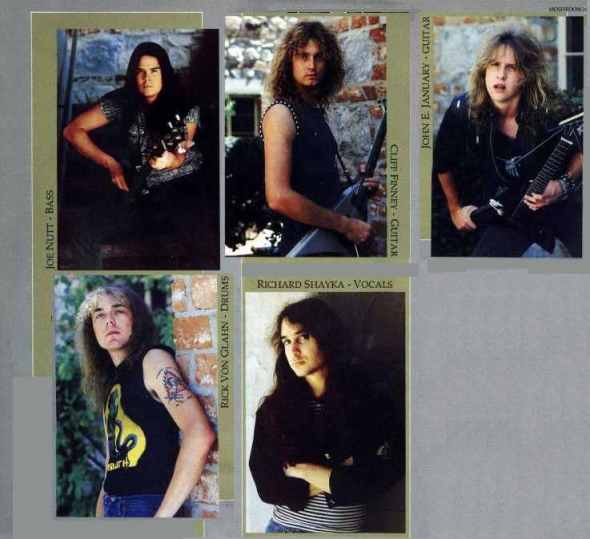

a “passive income participant,” no longer “furnishing the services of” Eminem. In 2000, F.B.T., Eminem, and Aftermath entered into an amendment to the 1998 agreement (which Aftermath describes as a “novation”), which created a “direct relationship between Aftermath and Eminem” and made F.B.T.
The agreement defined “master” as a “recording of sound, without or with visual images, which is used or useful in the recording, production or manufacture of records.” However, there was no definition in the agreement of the terms “licensed” or “normal retail channels.” 10 to others for their manufacture and sale of records or for any other uses.” 8 During the negotiation of the agreement, the parties had no discussion about either the Records Sold provision or the Masters Licensed provision. was to receive 50 percent of Aftermath’s net receipts “n masters licensed by us. through normal retail channels.” However, with respect to music that is licensed, the Masters Licensed provision of the agreement provided that “otwithstanding the foregoing,” F.B.T. was to receive between 12 and 20 percent of the adjusted retail price of all “full price records sold in the United States. 7 In accordance with the Records Sold provision of the 1998 agreement, F.B.T. 6 Eminem’s transactional attorney was another A-list music attorney, Gary Stiffelman. The 1998 agreement was based on a form contract that was drafted by A-list music attorney Peter Paterno. has received millions of dollars in royalties, which they continue to receive today, based on Eminem’s record sales. 4Įminem has since become a superstar and has sold tens of millions of records.

transferred the rights to Eminem’s exclusive recording services to Aftermath. (the 1998 agreement), pursuant to which F.B.T. Dre loved the CD and immediately entered into a recording agreement on behalf of Aftermath with F.B.T. are co-owners of a record label called Aftermath Records. Dre, Interscope, and UMG Recordings, Inc. Iovine gave the CD to Andre Young, who is professionally known as Dr. was promoting Eminem across the country, a junior employee of Interscope Records saw his Los Angeles performance and brought a copy of his CD to Jimmy Iovine, the president of Interscope. was entirely unsuccessful in its attempts to market and package Eminem, with its first Eminem album selling only 30 copies. Mathers is professionally known as Eminem. Mathers III to an Exclusive Artist Recording Agreement. Productions, LLC is a production company that is owned by Mark Bass, Jeff Bass, and their manager, Joel Martin.
#Aftermath records artists license
Aftermath Records, etc., et al., 2 in which the Ninth Circuit Court of Appeals held, as a matter of law, that digital downloads and mastertones are licenses, and that they are therefore subject to the 50 percent license fee rather than a much smaller percentage royalty. However, this discussion was just theoretical until the Ninth Circuit case of F.B.T. Quite obviously, for an A-list artist, the difference could be worth millions of dollars.
#Aftermath records artists how to
The main issue has been how to treat digital downloads essentially, are they recordings sold through “normal retail channels” or are they licenses? The difference could be in excess of $2.00 per album. Since the advent of downloadable music, however, these provisions have been illuminated and have given music lawyers everywhere fodder for intense discussion. There has been very little variance of these principles from recording agreement to recording agreement, or even from record label to record label.įor many years, these provisions remained virtually unchanged and unchallenged, and the labels paid the artists accordingly (though typically insufficiently).

However, with respect to music that is “licensed” to third parties, the artist typically has always received 50 percent of the net income that the label receives for that licensed music. In typical modern recording agreements, an artist receives anywhere from 15 to 20 percent of the “Published Price to Dealers” (“PPD”) for physical recordings (primarily compact discs) that are sold through “normal retail channels.” 1 Previously, artist royalties were based on the “Suggested Retail List Price” (“SRLP”), with many deductions.


 0 kommentar(er)
0 kommentar(er)
